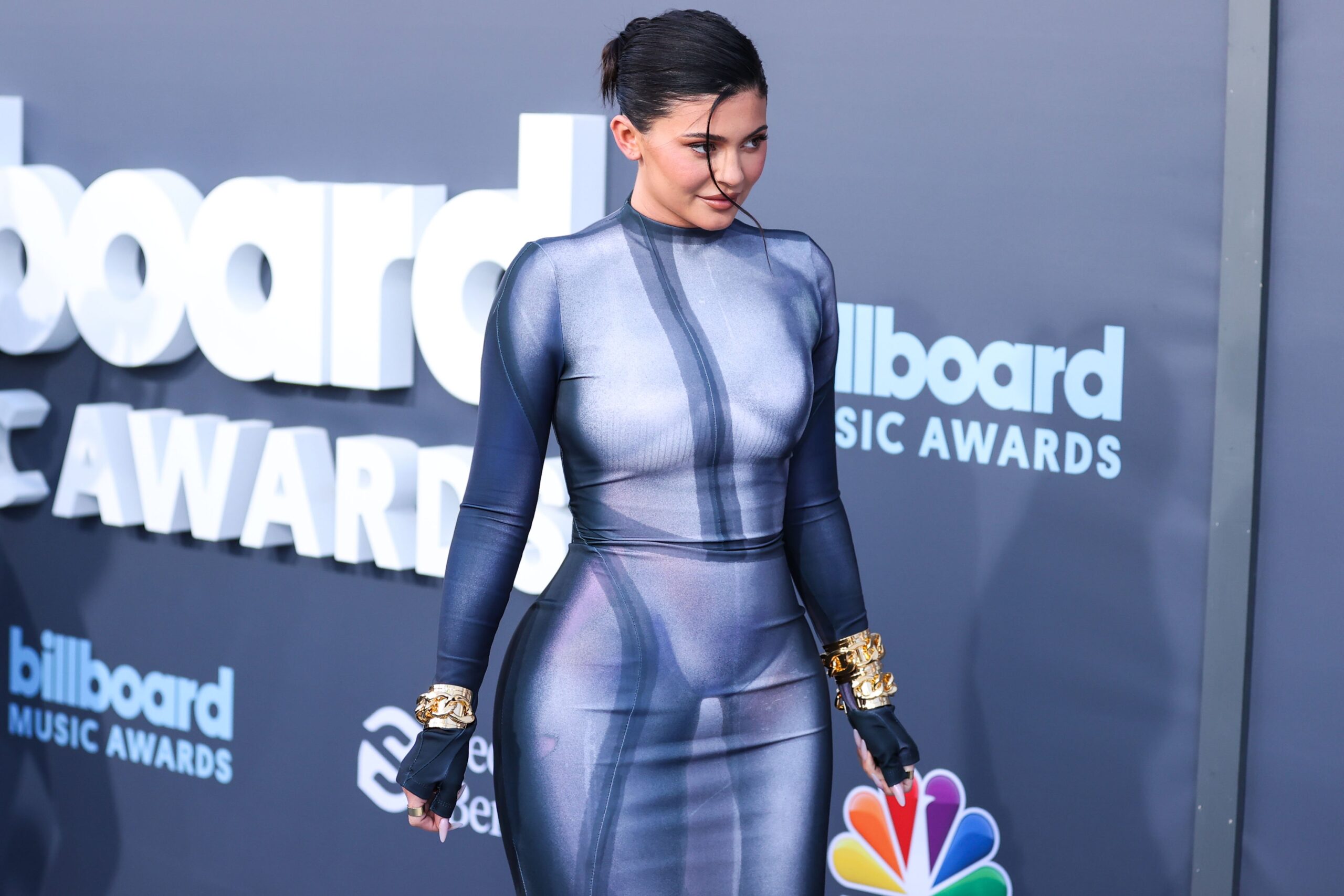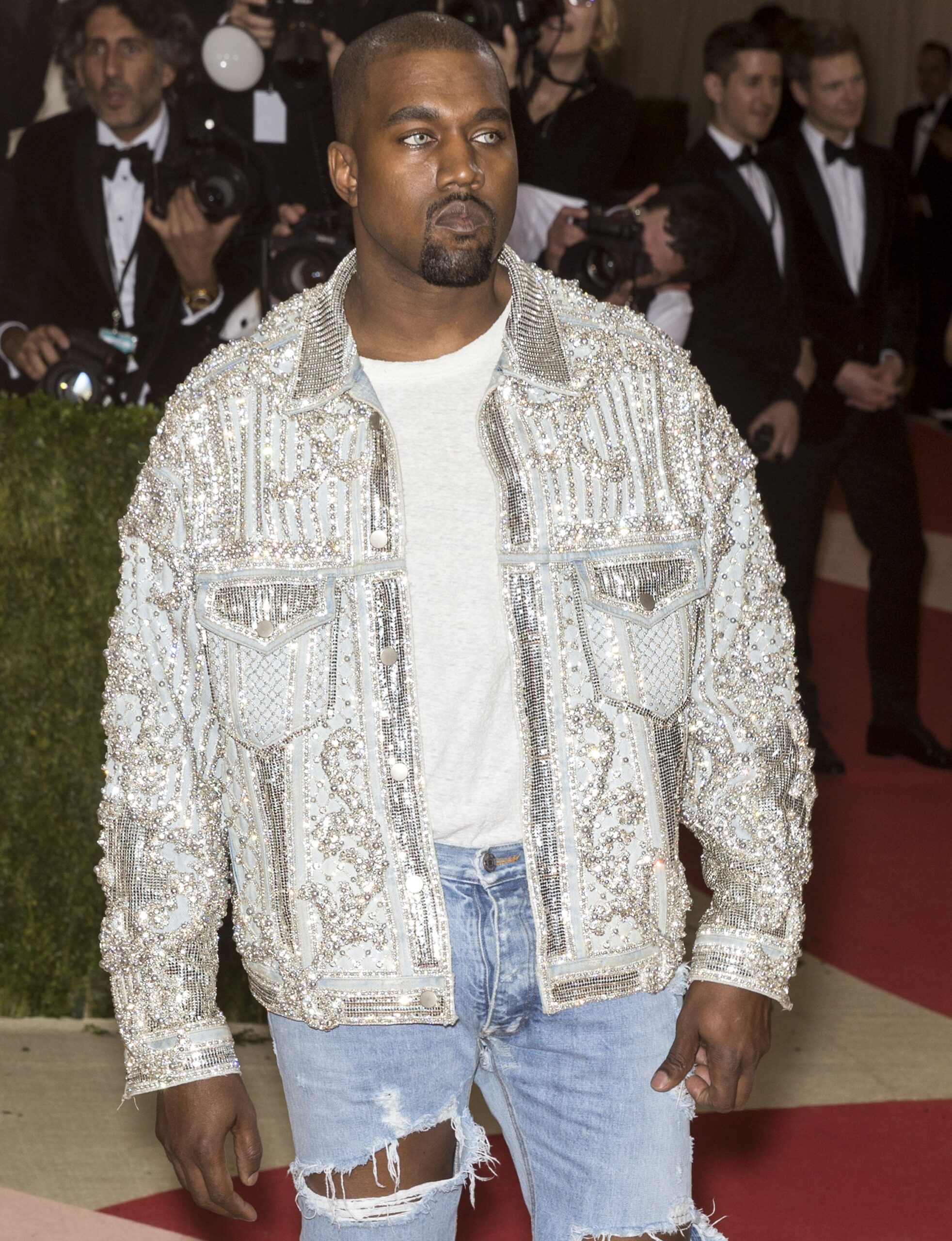Last week a clash between a Bernie Sanders campaign staffer and an MSNBC contributor sparked a conversation over the definition of the word “oligarch.”
While the discussion started with the figure of Mike Bloomberg—the ninth-richest man in America, who could roughly afford to buy every house in the state of Alaska (or to give every homeless person in the US $100,000)—it eventually expanded to include Oprah Winfrey and the question of whether America’s favorite media personality could possibly be considered an oligarch.
Things took off during MSNBC’s coverage of the Iowa Caucus when Nina Turner—co-chair of Bernie Sanders’ presidential campaign—referred to Mike Bloomberg as an oligarch. Jason Johnson’s behind the scenes reaction to this was apparently so strong that Brian Williams brought him on to make a counterargument. Johnson, who is the politics editor at The Root, offered an impassioned defense of Bloomberg against that term, saying, “I think it’s dismissive, I think it’s unfair, and it’s the kind of thing that blows up in your face if you become the nominee and you have to work with Mike Bloomberg three or four months from now.”
Leaving aside the question of whether Mike Bloomberg has any desire to work with Bernie Sanders in the first place, the dispute over terminology quickly led to the trending hashtag #BloombergIsAnOligarch on Twitter—soon overtaken by #BloombergIsRacist. Eventually, Johnson tweeted a response to his critics, claiming that there were a number of prominent politicians and media figures who could be termed oligarchs, but that “outside of a scholarly discussion, I wouldn’t bother.” Included on Johnson’s list were some of America’s more lovable tycoons like Oprah, Bill Gates, Mark Cuban, and (just to prove to us that he’s operating from bad faith), Bernie Sanders… The fact that Mitt Romney—the second least wealthy person on Johnson’s list—has a net worth estimated to be 100 times larger than Bernie Sanders’ is beside the point. The real question is: How do we define what an oligarch is, and what does it mean if the people on this list qualify?
As far as the definition goes, it’s probably best to use Johnson’s own words from that MSNBC appearance. “It makes you think of some rich person who got their money off of oil in Russia, who’s taking advantage of a broken and dysfunctional system.” While oligarchs are often thought of as a specifically Russian problem—at least within the US—that part of Johnson’s definition is plainly irrelevant. Interactions of money and politics exist around the world, and we can assess the extent to which those relations are dysfunctional without reverting to a country-specific framing.
There are a number of metrics that highlight how that dysfunction operates in the US to serve the wealthy at the expense of the poor and middle class. The kind of corporate welfare that gifted Donald Trump $800 million in subsidies and tax breaks, the disconnect between increased productivity and stagnant wages, and the control of legislation by moneyed interests are all worth getting upset about. But even more than the way economic elites control outcomes in our government, the way they control our national conversations through massive media conglomerates is truly worrying.
That’s easy enough to see in the candidacy of Michael Bloomberg who—despite scandals involving his Stop and Frisk policy, the Central Park Five, and the toxic work environment within his media empire (and despite the fact that he’s not even on the ballot in any current or upcoming races)—has managed to propel himself to double-digit numbers in national polls on the strength of an unparalleled advertising blitz. You may have seen his ads run during the superbowl or the Oscars, but those were just a small part of Bloomberg’s 350 million dollar ad buys. He has bought so much advertising to run during both cable and local news that some have compared it to media bribery. But Bloomberg is an easy target to vilify. The challenge is to demonstrate that even the most likeable and worthy person on Johnson’s list (apart from Bernie Sanders, who absolutely does not belong there) is complicit in a system that is broken and dysfunctional in a way that gives them tremendous power.
Oprah Winfrey is the rare case of a true American dream, rags-to-riches story. Most billionaires are born into wealth. Some are born middle class. Very few are born into the kind of poverty that Oprah was born into as the child of a teenaged single mother in rural Mississippi. To become such an incredible success from such humble beginnings is truly incredible. It’s no wonder she has so much faith in the power of positive thinking to “manifest” good things in our lives—her optimism has won her the world. For most people, however, that kind of success will never be within reach, no matter how much they believe in it, or indeed how hard they work.
There are limits to how many people can reach the dizzying heights at the top of the economic hierarchy. And while people like Oprah and Mike Bloomberg can look at their own lives and come to the conclusion that anything less than wild success represents some kind of personal failing, that theory ignores the reality of those economic limits and the various factors that keep tremendous wealth so exclusive. According to Forbes, the industry that produces more billionaires than any other is finance. If you’re lucky enough to have a knack for that sort of thing and you want to make a fortune in finance, then you still won’t stand a chance without access to a lot of money that you can invest, and you will probably also need to pay Mike Bloomberg $20,000 a year for a subscription to his company’s software. So while he may claim that he’s funding his own campaign because he “didn’t want to be bought,” the reality is that he’s been bought and paid for by Wall Street. He owes his fortune of $60 billion almost exclusively to the financial industry.
Oprah Winfrey, on the other hand, is a truly self-made woman. No doubt she owes a lot to the people who recognized and fostered her intelligence and talent at a young age, but she managed to build a media empire and her own $3.5 billion fortune on the strength of her personality, her insight, and her compassion. Back when she was the titan of daytime television, she always used her platform in an effort to spread positive messages, and she has been very generous in paying her good luck forward, funding educational causes throughout the US and South Africa to the tune of hundreds of millions of dollars. Her boarding school in South Africa cost her $40 million to open, and offers a salon, a yoga studio, numerous large fireplaces, and both an indoor and outdoor movie theater to a few hundred impoverished girls. Last summer she demonstrated her generosity once again when a brushfire was overtaking portions of Maui, and she chose to open up her private road in order to aid with evacuation efforts. It’s the kind of lovely generosity that can only exist in a world of extreme injustices.
If you fail to see the issue, consider how many more poor students Oprah could have helped if she hadn’t set a priority to make her school so lavish. But because of her tremendous wealth, that was her choice to make. And think of what it might have meant if Oprah had not consented to open her private, four-mile long road for the purposes of the evacuation. How many people would that have endangered? In that situation, the local government might have taken control and opened the road whether Oprah liked it or not. Surely, if it’s for the public good, the government could do that. But what about the public good of opening that road to local drivers, for whom the road would remove about 20 miles of unnecessary driving between Kihei and the Kula Highway? What about the reduced congestion? What about the pollution caused by all that extra commuting? Theoretically, the government could address these issues by opening that four mile stretch to the public, but because Oprah had a bigger road-building budget than the local government, it will continue to be hers alone—because a billionaire’s property rights outweigh environmental concerns and the common good of 20,000 residents of Kihei.
That’s not Oprah’s fault, but she is complicit in it, just as she was complicit in the corporate media structure that elevated her to “Queen of All Media.” People found her engaging to watch, so they tuned in by the millions. She always tried to use that platform for good, but the existence of a platform on that scale—operating for profit and beholden to sponsors—presents a number of problems. After all, it was only profitable for ABC to give her that platform (and to pay her so well for her work) because she was selling things. She wasn’t always doing so directly (as with her “favorite things” episodes), but if she had wanted to use her show to spread messages that were critical of consumerism, of advertising, or of corporate-run, for-profit media itself, it’s hard to imagine she would have held onto that position for long.
Instead, she gave out expensive gifts in promotional deals with the manufacturers and showed the ecstatic reactions of people receiving material goods (that the audience at home could buy, too!), while her book club became the diseased center of the publishing industry. One occasion when she did take a high-profile stand against a major industry—announcing that she was done eating hamburgers in 1996—it resulted in a massive lawsuit, because cattle farmers recognized the massive power that Oprah wielded to sway the hearts and minds of the American public.
In some ways, Oprah’s power has waned since then. She no longer has that massive network TV platform—and the power of network TV has been slowly whittled away by cable and the Internet. Instead, Oprah has invested the money she made through The Oprah Winfrey Show into publishingO Magazine with millions of monthly readers and into developing OWN, a cable network that airs in more than 80 million households in the US.
Like her or love her, Oprah is undeniably one of an elite handful of people with so much power to control the national conversation. If Oprah decided tomorrow that Climate change was such an urgent cause that she should devote her entire media empire to promoting the Green New Deal, then she could guarantee that the issue would take over the news cycle and end up as a major topic of discussion in upcoming presidential debates (despite the fact that it’s been consistently ignored until now). If she lost some subscribers and sponsors as a result, she could sleep easy knowing that she’d done a good thing—and also that she was still a billionaire.
For a variety of reasons, that’s not going to happen, but the problem isn’t that Oprah is not using her power in the way that we might want her to. The problem is that there is a small number of people who can similarly control American society through the use of media empires and/or vast wealth. And even if those people agree with our own opinions on environmental regulation, the war on drugs, and housing for the homeless, then they have a material incentive to maintain the structures that have given them so much power. Do you think that we should get money out of politics? Overturn Citizens United? If you were a billionaire, the current laws would give you the power to make your opinion on the issue louder than everyone else’s… But you would also have a pretty good reason to make every other issue a priority first.
Remember the Tea Party Movement? That was a faux grass roots uprising funded by billionaires, and it put dozens of people in Congress, many of whom are still serving to this day. If you were a billionaire, those could be your congresspeople! And they could help to pass laws that would cut taxes and reduce government oversight so that you could get even richer! Does Jason Johnson genuinely think this does not describe a broken and dysfunctional system? He may not have a particular problem with the people on his list—maybe he hopes to join their ranks one day—but the reality is that even the best among them are empowered by their wealth and by the laxity of laws around political speech to wield power that the average American can hardly dream of.
In that segment on MSNBC, Jason Johnson said that Mike Bloomberg is not an oligarch because he is “just a rich guy… and just because you’re rich doesn’t mean you’re an oligarch who abuses his power. The power that Mike Bloomberg got access to was given to him by the voters of New York.” This is patently untrue. His mayoral powers were given to him by voters, but he already had the tremendous power of a billionaire with a media empire at his disposal—and he used it to get himself elected. Since that time his wealth has grown, the laws have become laxer, and he has launched a candidacy that has nothing to do with his legacy as a moderately popular Republican mayor who flouted term limits and promoted racial profiling. It’s that power to control the conversation with hundreds of millions of dollars in advertising that he’s using now to buy his way into the election, onto the debate stage, and up into a competitive position in the Democratic primary polls.
Not every billionaire abuses their power in this way, but every billionaire benefits from the dysfunctions in our system that give them so much power. That includes Oprah. She is complicit in the cancer that is killing our society. If she isn’t comfortable with that idea, all she has to do is be a little more generous—give up her enormous wealth.
If Mike Bloomberg somehow becomes president—or becomes the spoiler candidate who ensures Donald Trump a second term—it will point to an awful and horrifying future for American politics. But our system is already broken and dysfunctional in a way that places inordinate power in the hands of a very few. America is already an oligarchy in much more than an academic sense. And the billionaires—even nice ones like Oprah—are our rulers.
- Snoop Dogg Needs to Delete Posts About Gayle King and Cosby … ›
- The Meme of American Politics: How Bloomberg Is Buying the 2020 Election – Popdust ›
- Oprah Winfrey Net Worth – How Oprah Made Her Money ›
- How Did Oprah Winfrey Get Rich? ›
- Oprah Winfrey ›
- Oprah Winfrey Net Worth: How She Became a Billionaire | Money ›
- Oprah Winfrey Opts for Her Own Private Financial Adviser – The New … ›
- What Is Oprah Winfrey’s Net Worth? – TheStreet ›
- Oprah Winfrey, worth $4 billion, now one of the world’s richest people ›
- Oprah’s net worth is just under $3 billion — here’s how she spends it … ›
- From rags to riches: The story of Oprah Winfrey – StMU History Media ›












